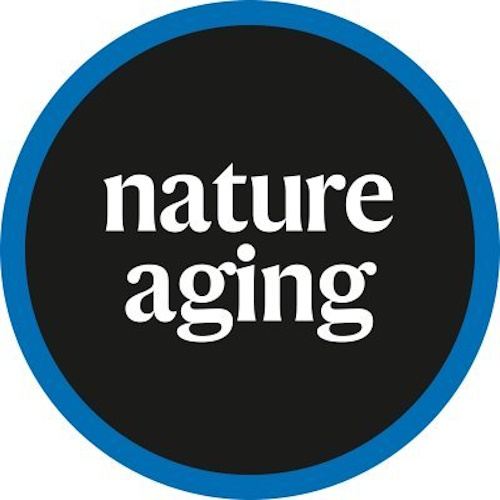Key points from article :
People vary in how fast they age and the divergence starts in young adulthood.
People with a faster pace of biological aging were more likely to feel, function and look far older than they actually were.
"Aging is a lifelong process. It doesn't suddenly begin at the age of 60," - Maxwell Elliott, lead investigator.
Used data on more than 1,000 New Zealanders, followed since birth to age 45.
Slowest ager gained 0.4 biological years for each chronological year.
Fastest-aging participant gained 2.5 biological years for every chronological year.
By age 45, rapid biological agers were showing health indicators associated with old age.
"Certain longevity genes help shield people from environmental stressors, to a degree," - Sofiya Milman, co-researcher.
Exercise, healthy diet and not smoking can reduce the risks of various diseases.
"Intervening earlier to address rapid biological aging could save lives and improve quality of life," - Elliott.
Study published in the journal Nature Aging.




